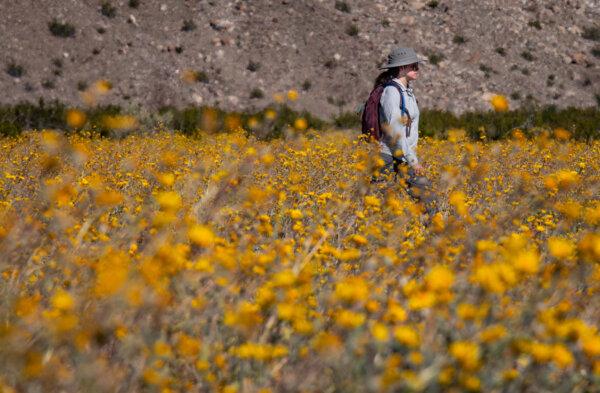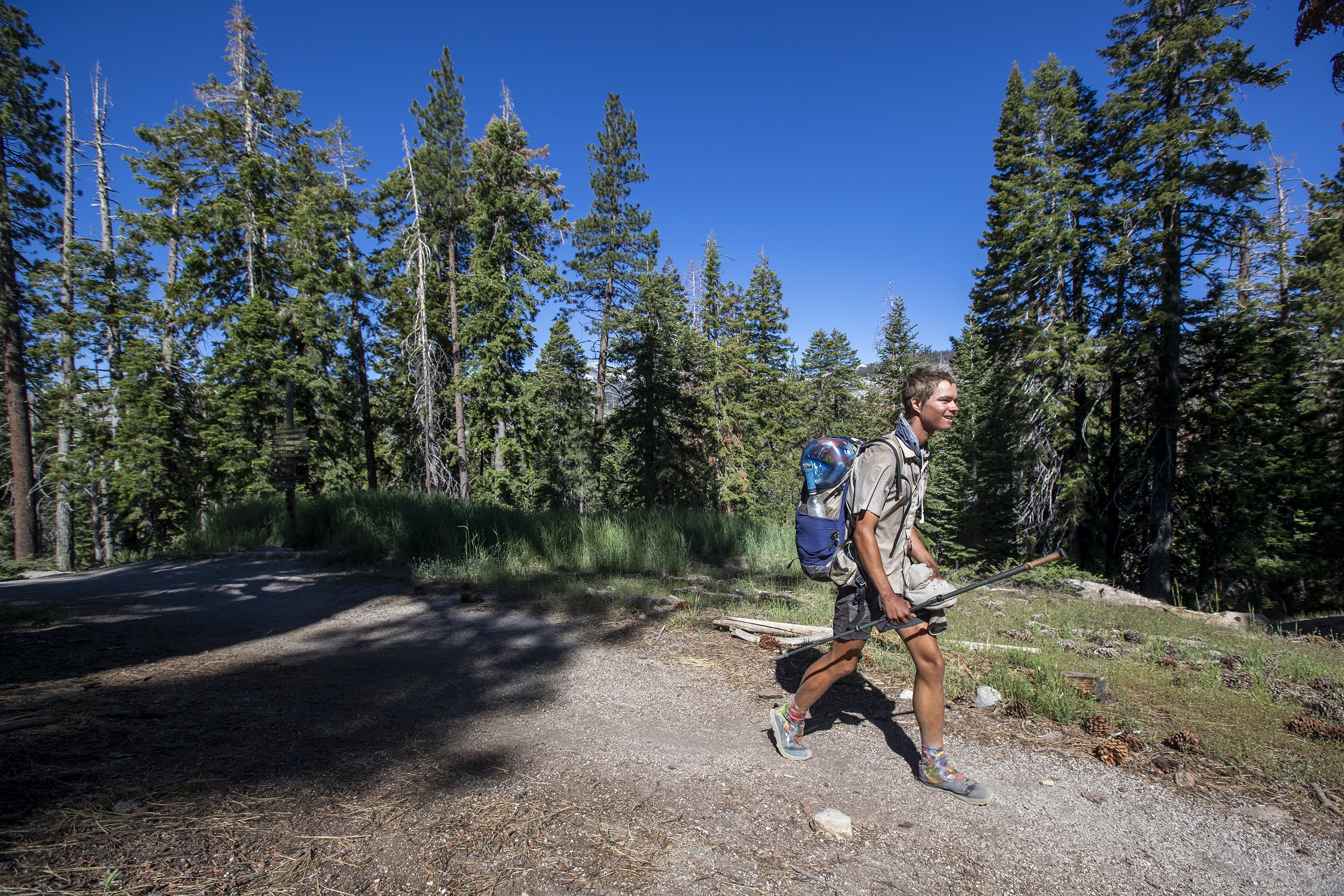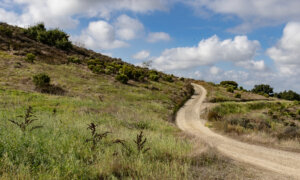Summer is no doubt an enjoyable time of year to be outdoors and surrounded by nature, but extra precautions must be taken to avoid heat stroke and other dangers.
It’s always a good idea to check the status of the park you want to visit, according to Peter Estes of the law enforcement and emergency services division of California State Parks.
“You want to gain knowledge of any fire restrictions or guidelines in place, trail closures, weather, terrain, and check any personal limitations you might have,” he said.
Some good websites to explore first, he said, are parks.ca.gov and airnow.gov for daily quality alerts.
In preparation for your hike, it’s also a good idea to have multiple forms of a map, including one that is printed or a digital version downloaded to your phone to use in offline mode in case there is no cell service.
“Respect any closed areas,” he said. “If it is already closed for a fire, don’t enter.”
He also suggested verifying access, including to any public roads, in the area where you are planning to hike.
While some hikers prefer to hike alone, it is by far safer to hike with a friend or in a group. It is also a good idea to leave an itinerary of your hike with a friend or family member, and place a copy of it in your car.
Summer temperatures can be brutal this time of year, so it’s safer to hike early in the morning, from 6:00 a.m. to 8:00 a.m., or late in the day, from 6:00 p.m. to 7:00 p.m. Experts recommended hikers go out no later than 10:00 a.m., as the sun and UV exposure is highest between 10:00 a.m. and 4:00 p.m.
During your hike, it is very important to stay on the trail, Estes said.
“Walking off the trail can obviously impact the trail system, and erode the park, but it can also lead to getting lost. If you find yourself in an emergency situation, and are trying to find a short cut, it is much harder for rescuers to find you,” he said.
If you smell smoke or if you find yourself trapped in a fire area, as difficult as it might be, he advised to do your best to stay calm.
“Get yourself to an area that is clear of vegetation, such as a ditch or depression,” Estes said.
He said it’s best to stay put if you call 911 while waiting for help.
“Stay where you are, so they can find you,” he said.

A hiker walks through a bloom of wildflowers in Anza Borrego Desert State Park, Calif., on March 20, 2024. (John Fredricks/The Epoch Times)
According to the Pacific Crest Trail Association, it is advisable to never underestimate a wildfire’s potential danger. They can grow quickly, and move faster uphill than downhill. Also the association says to be alert to the wind, as it can change directions in an instant.
Finally, here’s a catch-all list from Bill Furey, president of the Heritage Hiking Club who has hiked for over 40 years, for what to bring and wear when hiking:
- Plenty of water
- A first aid kit
- A map
- A compass
- Sunscreen
- Salty snacks
- Appropriate clothing made of non-flammable materials
- Hiking boots or shoes that protect against hazards














